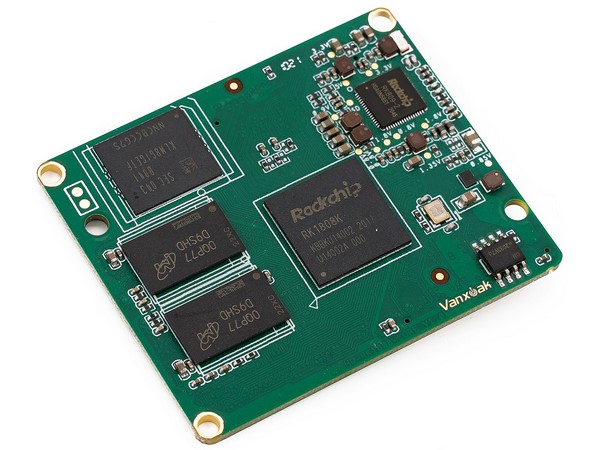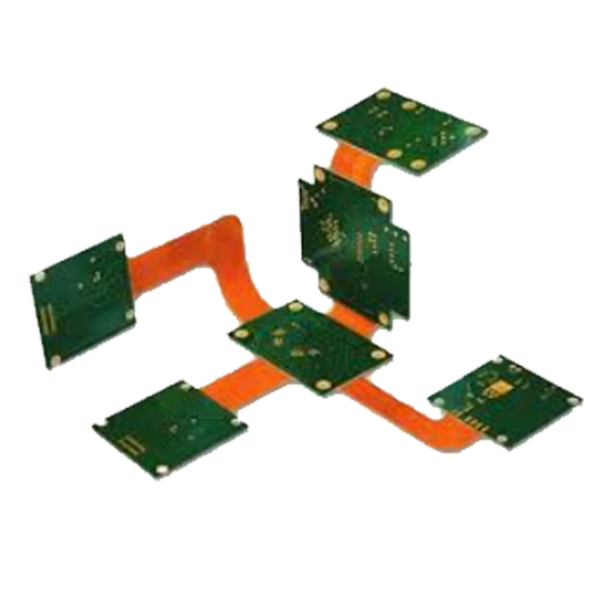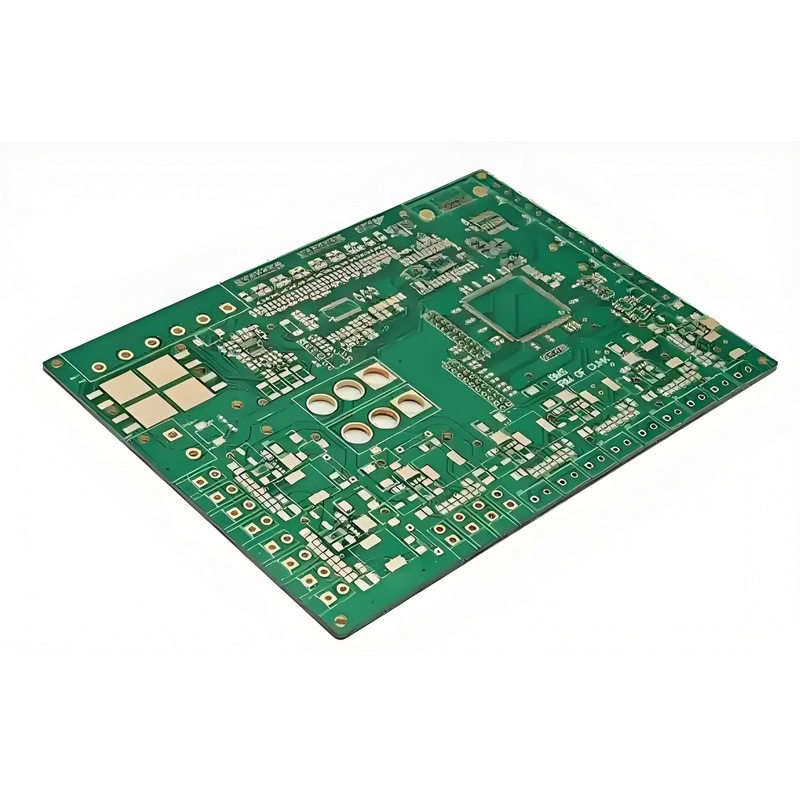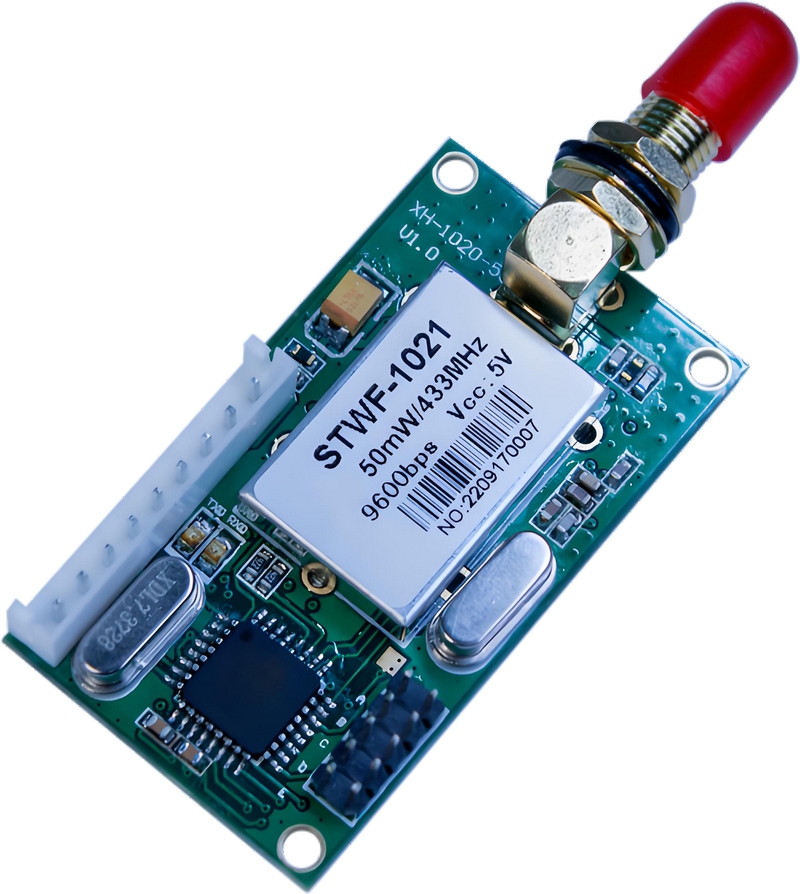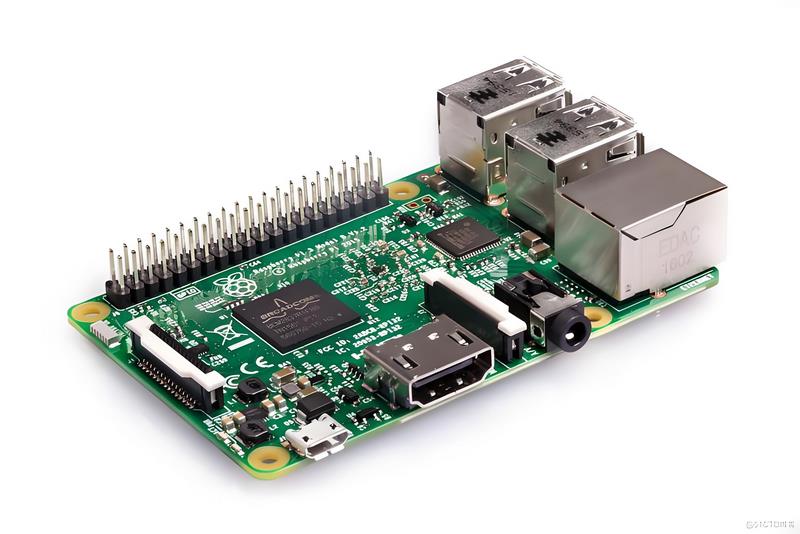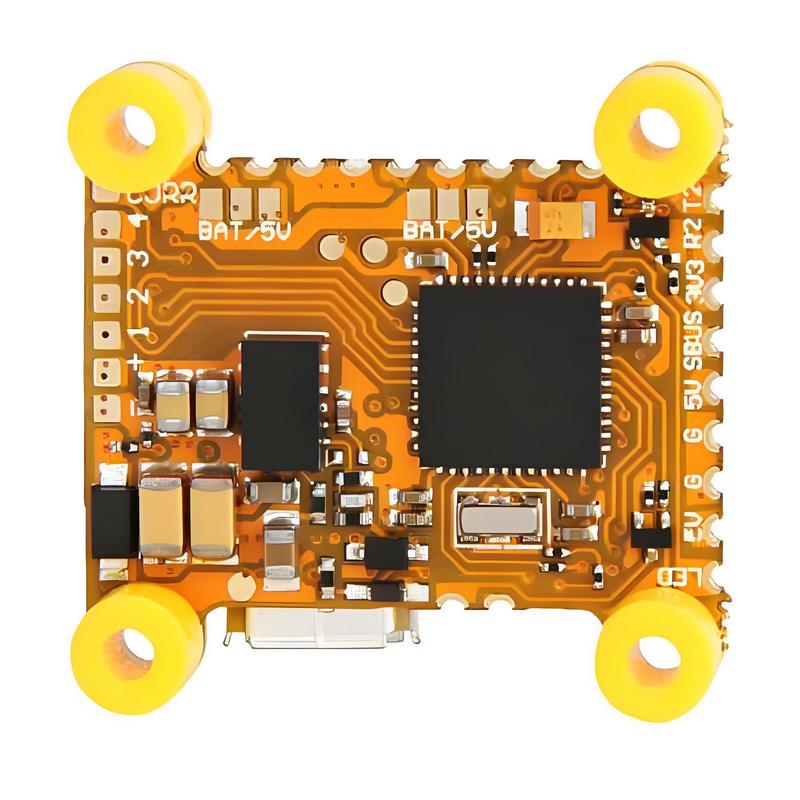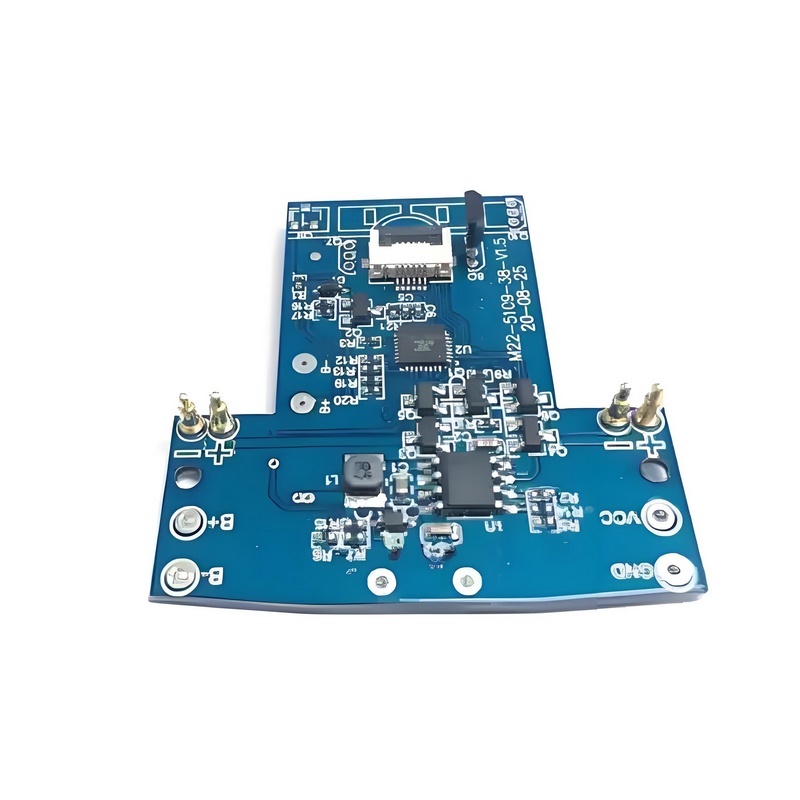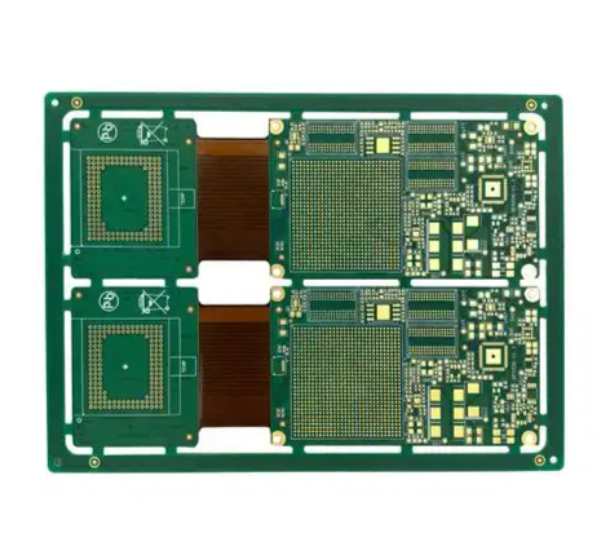Ask For A Quick Quote
We will contact you within one working day. Please pay attention to your email.
Request a Sample
With the mission of “Smart Manufacturing - Global Delivery”, we help our customers shorten the time-to-market and optimize the supply chain cost through continuous technology iteration and digital upgrading. We look forward to working with you to define the future of electronic manufacturing!
- Technology Driven Intelligent Manufacturing
- Full-process quality control
- In-depth industry experience
- Agile Service Network
PCB industry's green development action is in full swing, and environmental standards have been significantly raised
2025-07-25
In response to the increasingly stringent environmental protection requirements, the country has comprehensively launched the green development initiative for the PCB industry, urging the industry to raise environmental protection standards during the production process and achieve sustainable development.
The PCB industry involves many chemical processes such as etching and electroplating during the production process, generating a large amount of wastewater, waste gas, and waste residue, putting great pressure on the environment. To change this situation, relevant national departments have formulated a series of strict environmental protection policies and standards to promote the PCB industry to embark on a path of green development.
First of all, in terms of wastewater treatment, PCB enterprises are required to establish a complete wastewater treatment system. The new wastewater treatment technology adopts a combination of multi - stage precipitation, filtration, and biodegradation processes, which can effectively remove heavy metal ions (such as copper, lead, mercury, etc.) and organic pollutants in the wastewater. After treatment, the heavy metal content in the wastewater can be reduced to less than one - tenth of the national standard, and the removal rate of organic pollutants reaches over 95%, achieving compliant discharge and even the reuse of reclaimed water by some enterprises, greatly reducing water resource waste.
In terms of waste gas treatment, the use of advanced waste gas purification equipment is promoted. For example, the adsorption - desorption - catalytic combustion technology is used to treat waste gas containing volatile organic compounds (VOCs). This technology can adsorb VOCs in the waste gas on the adsorbent, then concentrate them through desorption, and convert them into harmless carbon dioxide and water through catalytic combustion. This treatment method can achieve a removal efficiency of VOCs in the waste gas as high as over 98%, effectively reducing pollution to the atmospheric environment. At the same time, for acidic waste gas and alkaline waste gas, targeted treatment methods such as acid - base neutralization are used respectively to ensure that the waste gas emissions meet environmental protection requirements.
Regarding the waste residue generated during the production process, the country encourages enterprises to carry out resource - based utilization. Some enterprises use advanced technical means to recover and refine valuable metals from the waste residue, realizing the recycling of resources. For example, high - purity copper can be refined from copper - containing waste residue, with a recovery rate of over 80%. The remaining waste residue, after being harmlessly treated, is used in fields such as building materials, reducing the amount of waste residue landfilled and the potential harm to soil and groundwater.
With the implementation of the green development initiative, the PCB industry has achieved remarkable results in environmental protection, not only reducing the negative impact on the environment but also laying a solid foundation for the sustainable development of the industry.
Related news






